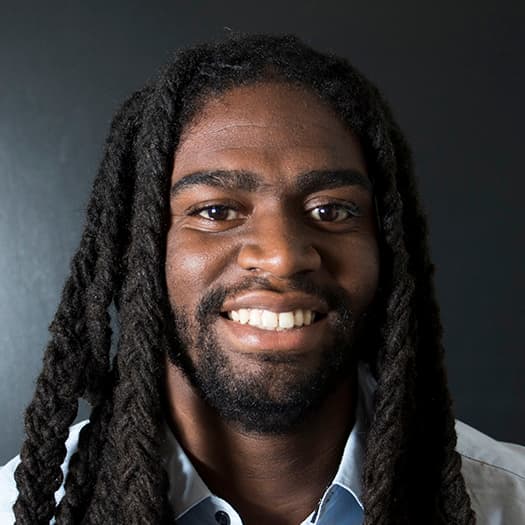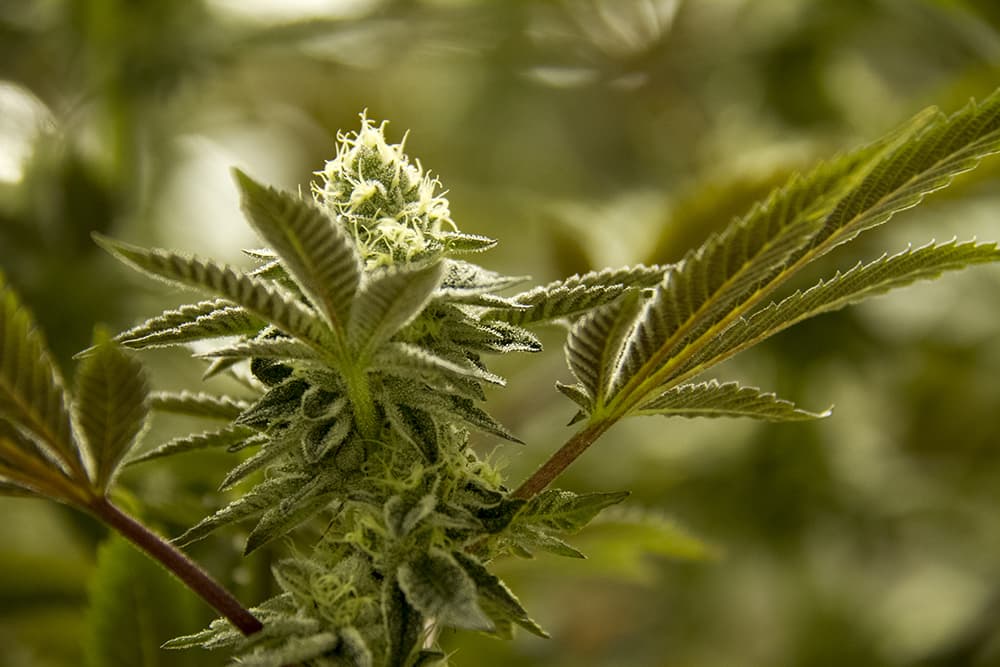Late last year, the Hancock administration announced that it was going to move forward with expunging the records of those previously convicted of low-level marijuana offenses.
That puts Denver on the growing list of municipalities looking to reconcile recent changes in marijuana law with the problems caused by life-changing punishments from their respective eras of prohibition. Many people were arrested for behaviors that are now totally legal in those same jurisdictions, but instead of experiencing the positive effects of changing regulation around marijuana, many of those folks have instead lived with the burdens that go along with a criminal record.
The Hancock administration has revealed the path forward for their expungement effort and today announced that it will begin helping people get low-level marijuana offenses off their record via a program named "Turn Over a New Leaf."
Several states, like California and Massachusetts, that legalized cannabis after Colorado did it in 2012 via Proposition 64, included legislation to expunge the records of those with low-level marijuana offenses in state-wide bills. Art Way, Colorado's director for the Drug Policy Alliance, has previously noted that having the requirement for record expunging in state-level bills is the more desirable route for this process, but in lieu of that type of statewide legislation, what the Hancock administration and Denver's district attorney's office are doing is a step in the right direction.
"Given the fact that possession of a small amount of marijuana is now legal in Denver, I have decided, in the interest of justice and fairness, that my office will assist individuals convicted of a marijuana offense which would now be legal in getting their convictions dismissed and expunged," said Denver District Attorney Beth McCann in a press release.
Those looking to take advantage of this policy initiative can head over to the city's website, where they will find step-by-step directions that will help them get their offenses expunged. And for those looking for some face to face guidance, the District Attorney's office will be hosting a series of clinics to help people through the process.
- Saturday, Fe. 9, 9 a.m.-1 p.m., Denver Conflict Center, 4140 Tejon St. Denver
- Sunday, Feb. 24 1-5 p.m., Denver Park Hill Seventh-day Adventist Church 3385 Albion St. Denver
- Wednesday, March 6 5-8 p.m., Servicios de La Raza, 3131 W. 14th Ave., Denver,
- Thursday, March 21, 9 a.m.-1 p.m., Cultivated Synergy, 2901 Walnut St. Denver
After the application is completed, either online or in person, "a state judge will rule -- without a hearing -- on the requests to vacate convictions and seal the records of all eligible participants."
For the Hancock administration, this action is a step forward in undoing some of the harm that has been caused by the war on the drugs, which historically has disproportionately affected minority communities.
"For more than five years, Denver has led the way in regulating legalized marijuana," Hancock said in a press release. "This is about equity for our communities of color and individuals who were disproportionately impacted by low-level marijuana convictions that are no longer crimes in Colorado. Overturning these convictions is part of Denver's multi-pronged approach to correct the social injustices caused by the war on drugs."
Colorado's new Attorney General Phil Weiser wants to learn from Denver's model to see how it could possibly be applied on a statewide level.
Weiser said Wednesday after his investiture ceremony at Carr Judicial Center that creating similar rules on a statewide level is a high priority for his office.

"Right now, there are people who have a criminal record that is impeding their economic opportunity and we can fix this," Weiser said.
He mentioned New Jersey as an example, since a state law that went into effect last year made it easier for some marijuana-related convictions to be eligible for expungement.
"We can do that at the state level," Weiser said. "It's going to take some real clever, hard work because right now the way Denver has it is each person has to come forward individually. ... I want to see if there are other, better ways to do it."
Creating a statewide process for removing lower-level marijuana-related offenses would require a bill from the General Assembly. Weiser said the legislature "must act" on it, but it will be finding the right strategy that could be the tougher challenge. He's working with the Chairman of the House Judiciary Committee state Rep. Mike Weissman of Aurora and state Sen. Pete Lee of Colorado Springs for a potential solution.
"They are rockstars," Weiser said. "I'm going to be a resource working with them to help make this and other improvements happen."













